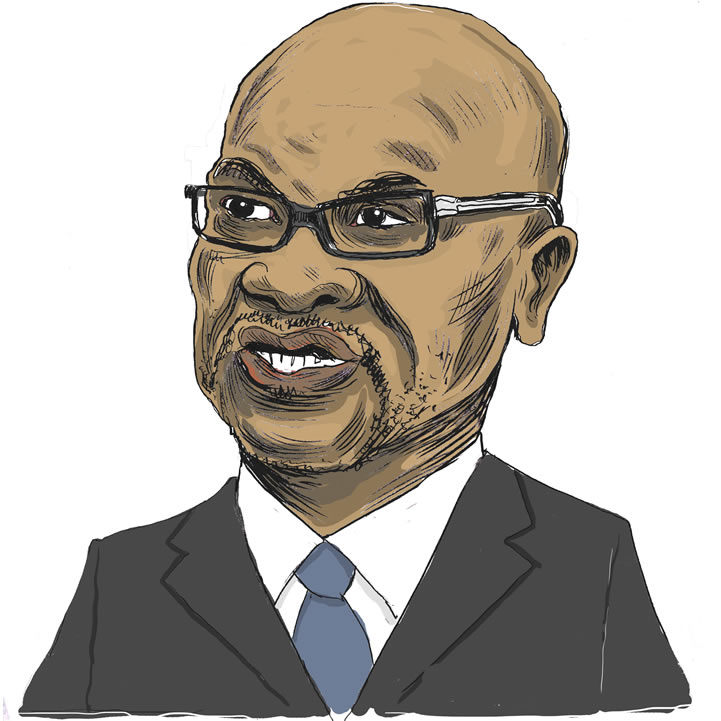Unlike his other Cabinet cohort Mr Razzmatazz (Fikile Mbalula, a former minister of sports and recreation), Mthethwa has a mild-mannered Twitter persona and sends tweets of congratulations and of sorrow, which has earned him the title of “minister of condolences”. But, as much as his social media platitudes make us feel we have an omniscient tracker of national concern and excellence, this is becoming something of an isolated area of distinction for the minister.
Mthethwa presides over a department that is experiencing shrinkage in terms of met targets, questionable disbursements of grant funding that does not see the department’s largesse evenly distributed among all provinces and a decline in the contribution of the arts to the economy through, for example, job creation.
When the department presented its annual performance plan to the portfolio committee on sports, art and culture in July, much was made of the slide in contribution to gross domestic product, which has shrunk by almost half from 2.9% in 2015 to 1.7% in the past financial year.
Furthermore, the department has been at the centre of scandals relating to the uneven distribution of grant funding, with suggestions in newspaper reports that funds coming through the Mzansi Golden Economy programme were being disbursed along ethno-cultural lines, with groups such as Ladysmith Black Mambazo acquiring R36-million over three years and former president Jacob Zuma reportedly being promised several million to produce a music album.
And while benevolence was being bestowed on events such as the Indoni Cultural Awards, the department was increasingly unable to support infrastructure projects, citing a lack of capacity to direct and monitor. This is concerning, especially given the minister having stated that he considered symbolic projects such as renaming roads and cultural centres to be central to the project of social cohesion.
The minister’s grip and influence on issues of national importance, such as those arising out of two interrelated Bills — the Performers Protection Amendment Bill and the Copyright Amendment Bill — seems, again, symbolic at best with no decisive support for writers, actors and other cultural workers.
At the other end of the aisle, Mthethwa has cautiously dipped into his new mandate of sport after President Cyril Ramaphosa merged the two departments in May.
His budget, at least, indicates that he won’t be shaking things up right away. Of the R1.154-billion allocated to sport and recreation, R744-million will go to mass participation, sharing last year’s ratio of 64% of the total, which includes school sport, development initiatives and public recreation projects. Mthethwa has continued the logic of his predecessor to stress that national success begins at school and grassroots level.
It is also pleasing to see that the minister has acknowledged the need to offer a better framework for aspiring women to develop as athletes. Specifically, this includes the transformation of the South African Football Association (Safa) Women’s League into a professional competition. Mthethwa has called for greater buy-in from corporates to make this a reality.
One intervention for which he does deserve credit is his effort in stepping into the SABC’s Premier Soccer League dispute. The broadcaster had reached an impasse with Multichoice over the right to screen the league’s games, which meant that viewers without DStv would be deprived of watching the nation’s most beloved sport. Mthethwa, along with Communications Minister Stella Ndabeni-Abrahams, was able to bring everyone to the table and a resolution was reached, ensuring games will be shown to the broader public.
If that saga demonstrated the reach of his power, then his run-in with the South African Football Association (Safa) exposed its limits. Mthethwa made it clear during his budget speech that he intended to hold a football indaba to interrogate why international success has been so elusive in almost every age group, men and women. But Safa and its president, Danny Jordaan, had other plans, making it clear that this was their territory and they did not take kindly to interference. The indaba was called off. That Mthethwa was easily strong-armed is of concern.

